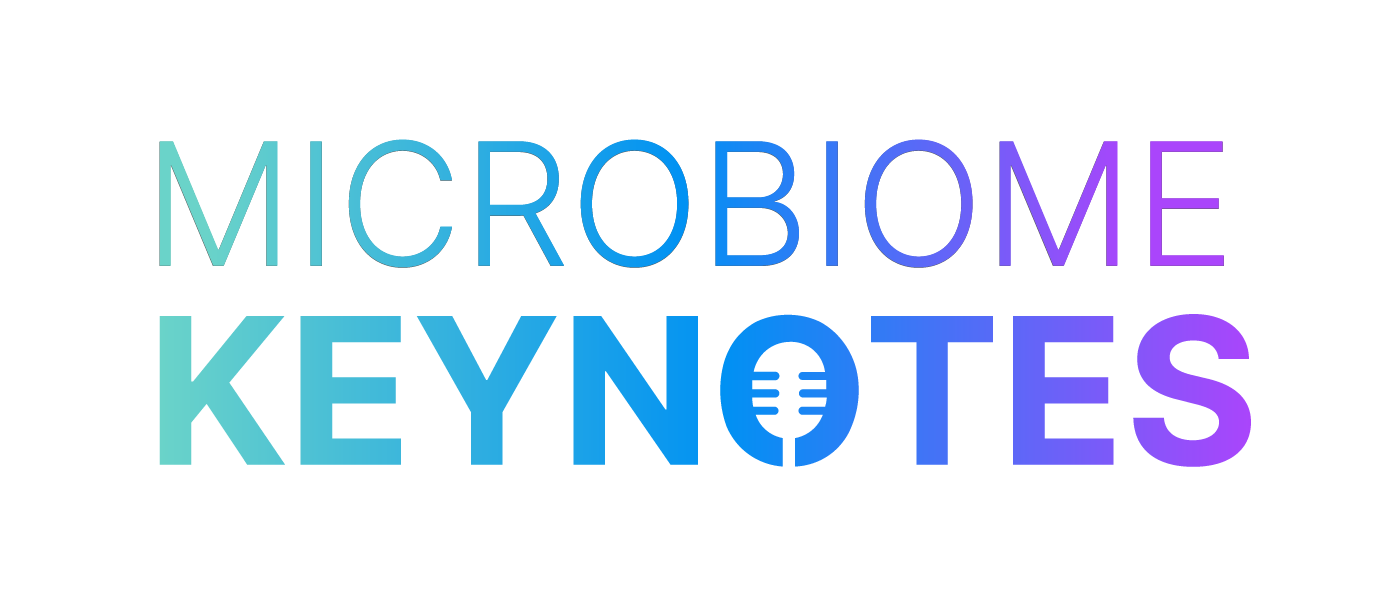HOME > 2020 KEYNOTES > MARY REGAN, RN, PHD
Mary Regan, RN, PhD
The Vaginal Microbiome and Diet
Saturday, November 14 | 3:40 - 4:40 PM EST
Although the precise mechanism of its contribution is unclear, there is a growing body of evidence that nutritional factors in the diet shape the types, abundance and structure of the microbiota that in turn influences physiologic function in the host. This research has primarily focused on the gastrointestinal microbiota, however, while to date there are no studies that have examined this phenomenon, it is highly probable that the rectal microbiota plays a significant role in shaping the vaginal microbial structure through passive transmission across the perineum. The purpose of this presentation is to report the finding from a study focused on diet, the vaginal microbiota and preterm birth (NR014826-02) about the longitudinal changes in the vaginal microbiota in response nutritional diet quality indices.
Get To Know Dr. Regan
I am currently the director of Clinical Core C of a U19 grant that is a clinically-defined study of sexual partners organized in multiple independent networks. We collect biologic and socio-behavioral data in support of the 3 projects within the study for sociodemographic analysis, behavioral risks, network analyses, and for the biological specimens of the hosts and the pathogens. I have a strong clinical background in perinatal nursing, with specific training and experience with bio informatics. I was trained as a certified nurse midwife in the United Kingdom and spent over 19 years as a perinatal advanced practice nurse where I gained considerable expertise in women’s related health issues including STIs diagnosis and treatment. As a National Library of Medicine postdoctoral fellow, I focused on bio-informatics. I have been the PI on multiple State-funded grants and have received NIH funding for a grant focused on women’s decision making about birth (R21 HD059074-01A1) and the vaginal microbiota in preterm birth (R01NR014826-02) that I was the lead M-PI on with Dr. Jacques Ravel – a leader in the field of the vaginal microbiome. The findings from my studies have been presented nationally and internationally and we have published multiple manuscripts. For the R01 we recruited from the birthing population in Baltimore and developed a strong infrastructure for participant recruitment and data collection.
Why did you get into studying the microbiome?
”As a practitioner I was interested in Romero’s work on the microbial associations with preterm birth, but it wasn’t until 2011 when I was introduced to Jacques Ravel that I became serious about entering the field as a scientist. The following year we submitted an R01 that was funded focused on the potential that diet could influence the vaginal microbiome in ways that increased the likelihood of preterm birth. During the six months that I was writing the grant I was forced to learn as much as I could about the human microbiome in general but the vaginal microbiome in particular. In that process I realized how many of the questions I had encountered in my clinical practice that were likely rooted in the microbiome/host interaction. After that I was hooked! Completing the first R01 was an incredible learning experience that help me operationalize the theoretical knowledge I gained. In addition, once I completed the study since I spent a year at the NIH working with a researcher expert in the GI microbiota. As this field continues to emerge incredibly fast I continuously update my ongoing education by attending multiple professional conferences and presentations.“


